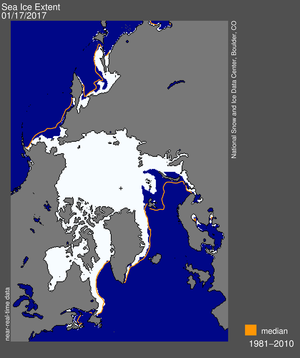I’ve returned from my first Goldschmidt conference in Montréal, which was excellent. There are so many connections between biology and geochemistry that await research, it is a very exciting time to be working at the interface.
However, one thing I noticed that was strikingly different from other recent conferences I’ve attended was the complete absence of any education and public outreach sessions at the conference. For example, at AbSciCon there was a session called “Space, Slime, and the Search for Life: Astrobiology Education and Public Outreach”. At Ocean Sciences there was “Education, Scientific Outreach, Scientific Workforce”, and at IPY we had “Public Engagement, Education and Outreach“. Each of these sessions had dozens of presenters and attendees excited and thinking creatively about ways to engage the public in their science. It is unfortunate that this was not a topic at Goldschmidt because there was so much cool, relevant science being discussed, from the origins of the Earth to our ongoing destruction of it. I hope future Goldschmidt conferences will do more to incorporate education and public outreach into their programs.
On Tuesday I gave a 90-minute ‘Short Course’ on Bioinformatics for geologists. About 20 folks showed up, many of whom already had experience working with sequencing data. Later that day I gave a talk on the in-progress work on sulfate reducing bacteria. Working with Boz Wing, we are getting 3 SRB genome sequences to help better understand sulfur isotope fractionation in these microbes.
Short Course [PDF]: Bioinformatics… for geologists
Oral Presentation [PDF]: Unraveling the Genetic Basis of an Ancient Geochemical Biomarker: Sulfur Isotope Fractionation
Tags: bioinformatics · conference · science · workshop2 Comments



2 responses so far ↓
The SCAR (Scientific Committee on Antarctic Research) had a session on Education, Outreach, and Training and another called ‘Communication and the Arts’ Both had some really great presentations and ideas on how to engage the public.
Glad to hear it! I know APECS is also good at being on top of those things and is a good resource for people wanting to learn more about engaging the public.